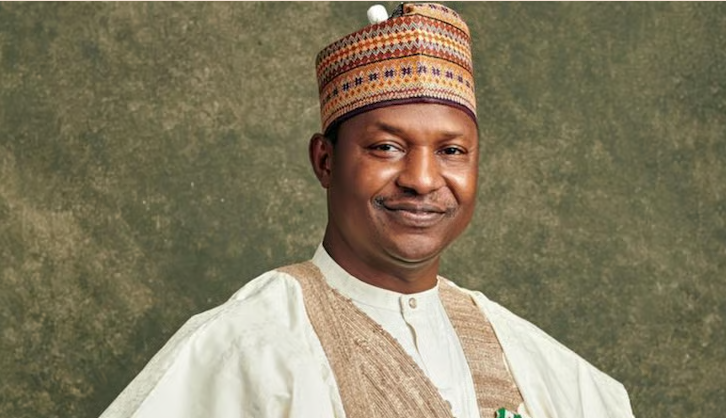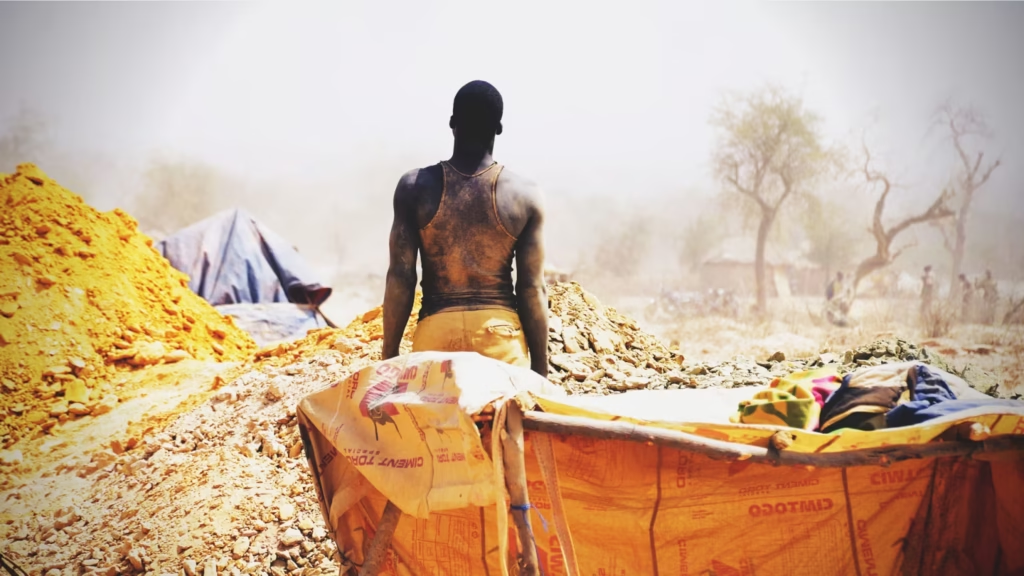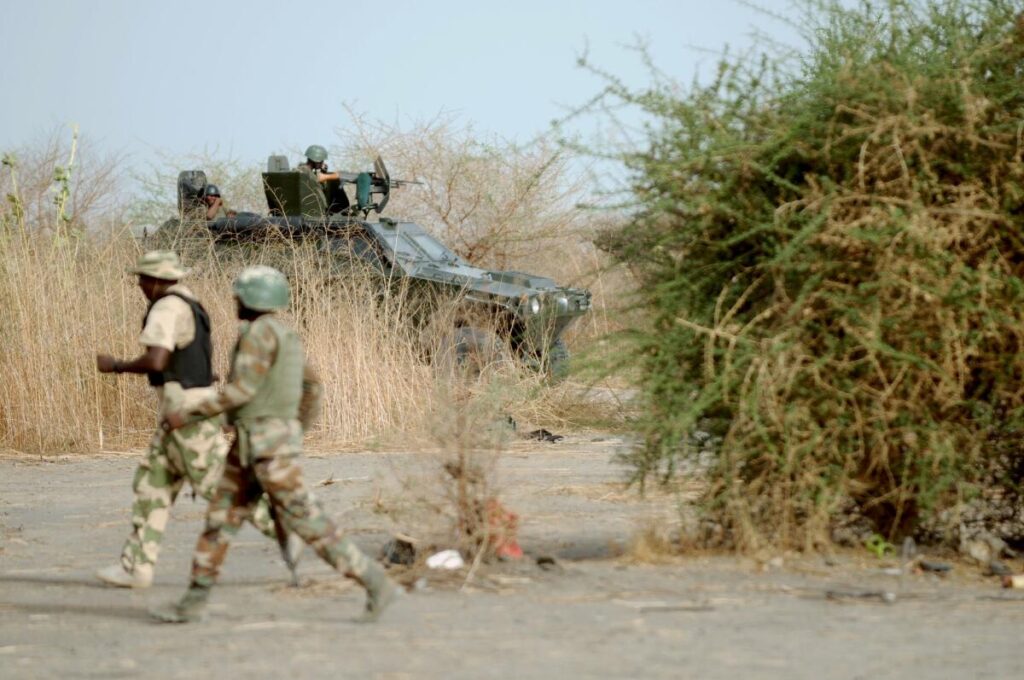
Mali’s long and turbulent chapter under the United Nations peacekeeping mission, MINUSMA, officially closed on Sunday, leaving the country facing an uncertain future. Security experts warn of a potential power vacuum in the north, with rebel groups and the Malian army poised to compete for control of abandoned territories. This development threatens to further destabilize a nation already grappling with violent Islamist activity and the legacy of a 2021 coup.
The withdrawal, spurred by a demand from Mali’s military junta in June, marks the culmination of a decade-long peacekeeping effort. While MINUSMA’s departure leaves a security gap, the UN has assured continued support through its agencies and programs. Nonetheless, anxieties linger, particularly considering the recent surge in violence since June.
The potential struggle for control in the north raises concerns about escalating conflict. Rebel groups, emboldened by the void left by MINUSMA, may clash with government forces seeking to expand their presence. This, coupled with the ongoing threat posed by Al-Qaeda and Islamic State-linked militants, paints a worrisome picture for Mali’s security landscape.
The Malian conflict, which began with a separatist uprising in 2012 and a subsequent coup, has evolved into a regional security crisis. The violence has displaced millions within Mali and spilled over into neighboring countries, creating a humanitarian catastrophe. The hope that MINUSMA would bring stability has now faded, leaving Mali at a crossroads, with fragile peacehanging in the balance.
The coming months will be crucial in determining the trajectory of Mali’s future. Whether the government can contain the potential power struggle, effectively combat extremist groups, and address the underlying grievances that fuel the conflict will determine whether Mali can finally find a path towards stability and lasting peace. The international community, meanwhile, must remain vigilant and offer continued support to ensure that Mali does not become another tragic chapter in the saga of West African violence.




